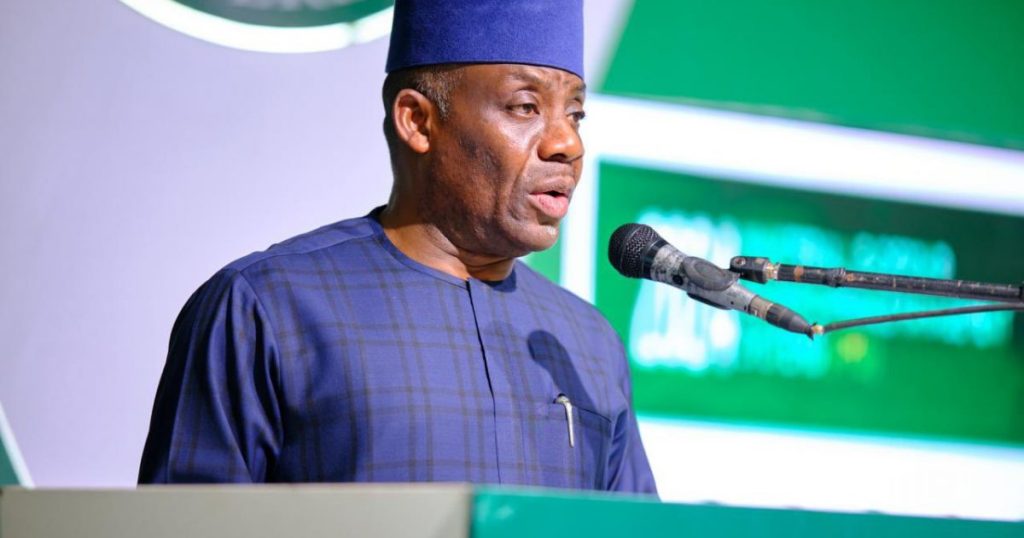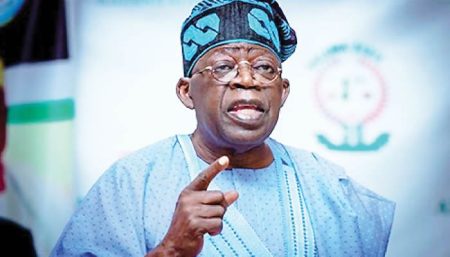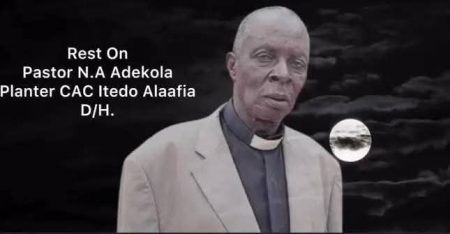The Nigerian education system stands at a critical juncture, poised for a transformative overhaul under the direction of Education Minister Dr. Tunji Alausa. His recent address at the inauguration of the Teachers Registration Council of Nigeria’s (TRCN) 5th Governing Council underscores a resolute commitment to elevating the teaching profession and ensuring every Nigerian child receives a quality education. Alausa’s directive is clear: unqualified teachers must be removed from classrooms nationwide. This decisive action signals a paradigm shift in the nation’s approach to education, prioritizing qualified educators as the cornerstone of national development. The minister’s mandate extends beyond simply filling classrooms; it calls for a fundamental restructuring of the teaching profession, emphasizing professionalism, accountability, and a renewed sense of purpose.
This inauguration marks not just a routine administrative procedure but the launch of a national endeavor to revitalize education. Alausa implored the newly appointed council members to embrace their roles not as ceremonial figureheads but as active agents of change, tasked with rescuing the teaching profession from mediocrity and restoring its lost dignity. This call to action emphasizes the urgency of the situation and the immense responsibility entrusted to the council. The minister’s emphasis on quarterly performance evaluations based on Key Performance Indicators further reinforces his commitment to tangible results and a departure from the “business as usual” approach. This performance-driven approach underscores the gravity of the task and the expectation of concrete progress in achieving the ambitious goals set forth by the Ministry of Education.
Alausa’s address resonates with a sense of national purpose, aligning the revitalization of the teaching profession with President Bola Tinubu’s Renewed Hope Agenda. This alignment positions education as a key driver of national transformation, recognizing that a well-educated populace is essential for economic growth, social progress, and political stability. The minister’s vision extends beyond mere academic instruction, emphasizing the holistic development of students. Quoting Aristotle, Alausa underscored the importance of educating the heart alongside the mind, highlighting the vital role of character development and ethical grounding in fostering well-rounded individuals. This holistic approach recognizes that education is not solely about acquiring knowledge but also about nurturing values, empathy, and a sense of civic responsibility.
The minister’s call for inspiration from global best practices, particularly the Finnish model where teachers are highly respected, further underscores the ambition of this reform. Finland’s renowned education system serves as a benchmark, highlighting the potential for transformative change when teachers are valued and empowered. Alausa envisions a similar paradigm shift in Nigeria, where teachers are recognized not just as instructors but as nation builders, playing a pivotal role in shaping the future of the country. This vision positions teaching as a prestigious and impactful profession, attracting talented individuals dedicated to nurturing the next generation of leaders and innovators.
Addressing stakeholders across the education sector, Alausa urged collective ownership of this transformative agenda. He called on teachers to embrace the TRCN as their own, empowering them to actively participate in shaping the future of their profession. Simultaneously, he emphasized the role of parents and communities in holding the Ministry of Education accountable, ensuring transparency and responsiveness in the implementation of these reforms. This collaborative approach recognizes that the success of educational reform hinges on the active participation of all stakeholders, fostering a shared sense of responsibility and commitment to achieving common goals.
Alausa’s concluding remarks resonate with a powerful sense of national unity and purpose. His call for a united front, transcending tribal and linguistic differences, underscores the overarching goal of ensuring every Nigerian child, regardless of their geographical location, has access to a quality education. The minister’s vision is one of inclusivity and equity, where every child, from the northern reaches of Sokoto to the southern coast of Calabar, from the eastern city of Maiduguri to the Niger Delta region of Yenagoa, benefits from the expertise of qualified, inspired, and TRCN-certified teachers. This unifying vision paints a picture of a nation where education serves as a powerful equalizer, providing opportunities for all children to reach their full potential and contribute to the collective prosperity of Nigeria.














